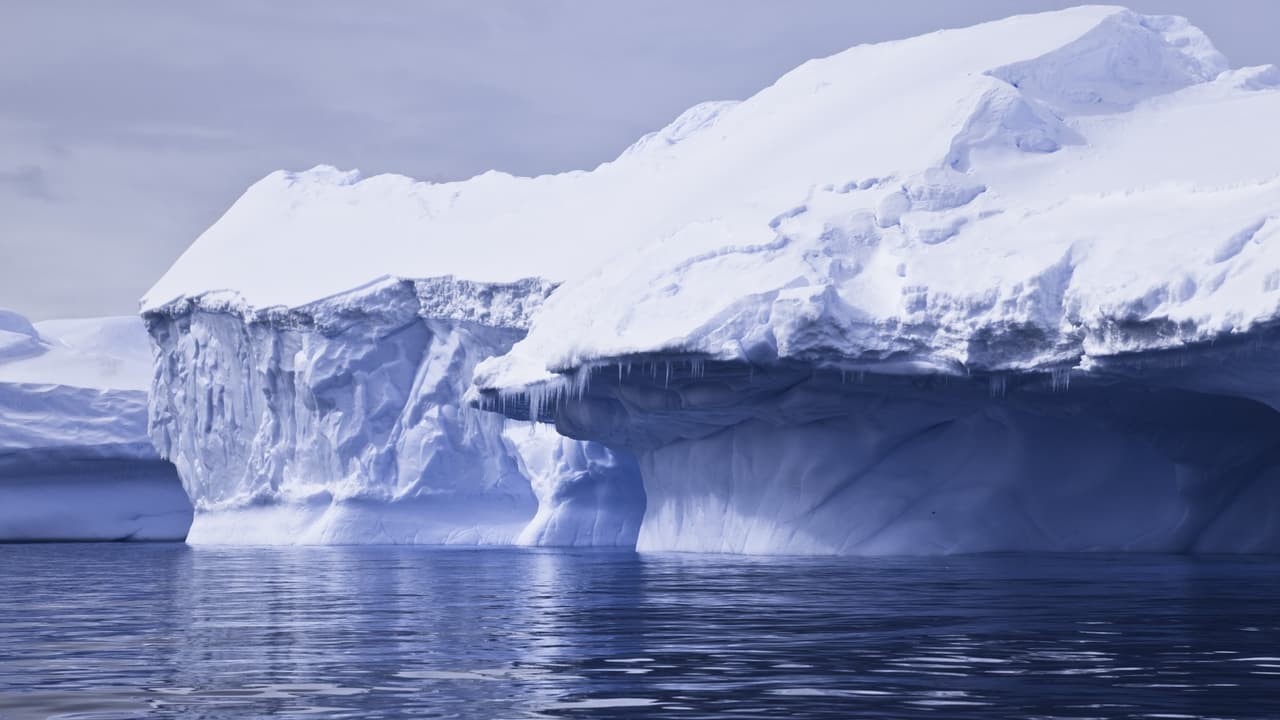Scientists warn that up to 59% of Antarctica’s ice shelves could collapse by 2300, raising global sea levels by 32 feet and submerging cities like London, Miami, and Shanghai if greenhouse gas emissions continue to rise.
A chilling new study by Sorbonne University in Paris warns that up to 59% of Antarctica’s ice shelves could collapse by the year 2300, causing a 32-foot (10-metre) irreversible rise in global sea levels. Such a catastrophic event would drown coastal cities around the world — from London and Miami to Venice and Shanghai — unless urgent climate action is taken.
Antarctica’s Fragile Shield Is Melting
Antarctica’s ice shelves act like natural barriers, holding back vast glaciers from sliding into the ocean. Once they collapse, the flow of ice accelerates, dramatically raising sea levels. Lead author Dr. Clara Burgard explained, “Ice shelves are the safety band of Antarctica. Their collapse would lead to unstoppable ice loss and irreversible sea-level rise.”
The Alarming Findings
Using advanced computer simulations, scientists examined the fate of 64 Antarctic ice shelves under different climate scenarios.
What a 32-Foot Sea-Level Rise Means
If this projection comes true, entire cities could vanish beneath rising waters.
- In the UK, Hull, Bristol, Cardiff, and parts of London would be underwater.
- In Europe, cities like Venice, Lisbon, and Seville would be heavily impacted.
- Across the US, Miami, New Orleans, and Houston would disappear beneath the waves.
- In Asia, much of Bangladesh, Shanghai, and Ho Chi Minh City would face the same fate.
Time Is Running Out
Although the year 2300 feels distant, scientists warn that the most rapid collapses could start between 2085 and 2170 — within a few generations. The study, published in Nature, emphasizes that the outcome depends heavily on today’s emission choices.
“The decisions we make now could determine whether Antarctica remains intact or becomes the trigger for the next global catastrophe,” the researchers conclude.
